Wild Horses - The First Album (Reissue) (1980/1999)
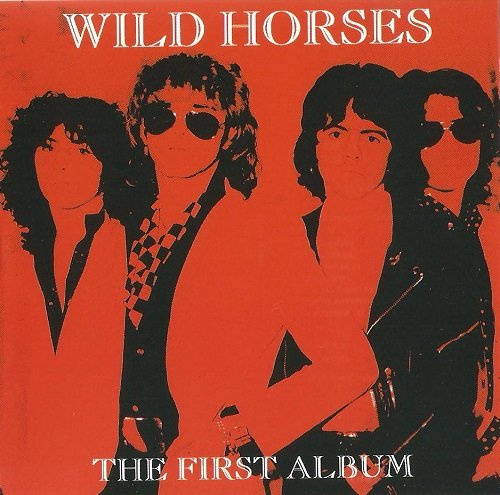
Artist: Wild Horses
Title: The First Album
Year Of Release: 1980/1999
Label: Zoom Club Records
Genre: Hard Rock
Quality: APE (image, .cue)
Total Time: 48:50
Total Size: 335 Mb (scans)
WebSite: Album Preview
Title: The First Album
Year Of Release: 1980/1999
Label: Zoom Club Records
Genre: Hard Rock
Quality: APE (image, .cue)
Total Time: 48:50
Total Size: 335 Mb (scans)
WebSite: Album Preview
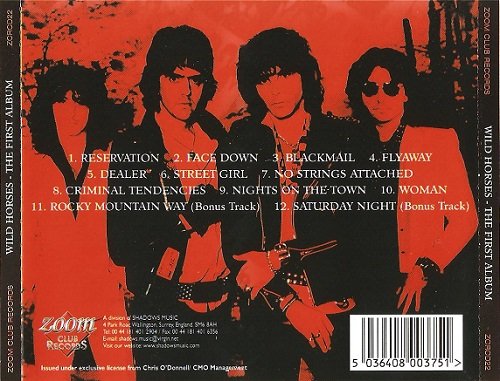
Tracklist:
01. Reservation
02. Face Down
03. Blackmail
04. Flyaway
05. Dealer
06. Street Girl
07. No Strings Attached
08. Criminal Tendencies
09. Nights On The Town
10. Woman
Bonus Tracks:
11. Rocky Mountain Way
12. Saturday Night
Line-up::
Clive Edwards - Drums
Neil Carter - Electric Guitar, Keyboard, Backing Vocals
Brian Robertson - Electric Guitar, Lead Guitar, Acoustic Guitar,
Bass Guitar (04, 09), Backing Vocals, Lead Vocals (03, 09)
Jimmy Bain - Bass Guitar, Electric Guitar, Acoustic Guitar,
Keyboards, Backing Vocals, All Lead Vocals except (03)
Wild Horses were considered a minor super-group of the late '70s, whose leaders, as it turned out, were anything but super. In fact, though the cast of characters involved in their history reads like a who's who of '70s English hard rock royalty, the band themselves (co-fronted by guitarist Brian Robertson and bassist Jimmy Bain) proved incapable of sustaining a long career, bowing out after just a couple of poorly received albums.
After finally being ousted from Thin Lizzy for his stubborn nature and long-running erratic behavior, guitarist Brian Robertson encountered a similarly disgruntled castaway in bassist Jimmy Bain, a fellow Glaswegian whose oft-documented substance abuse problems had curtailed his stint with Ritchie Blackmore's Rainbow a few years earlier. Naming themselves after the Rolling Stones' classic, the duo decided to share lead vocals and rounded out Wild Horses with one-time UFO guitarist/keyboardman Neil Carter and former Pat Travers drummer Clive Edwards (original sticksman Dixie Lee of Lone Star presumably didn't have enough pedigree). A deal with EMI was soon struck, and their November 1979 debut single, "Criminal Tendencies," preceded their self-explanatory debut, The First Album. Produced by future Yes guitarist Trevor Rabin, it featured the expected cameos from former Lizzy running mates, Phil Lynott and Scott Gorham, and was released in April 1980; just as the New Wave of British Heavy Metal was taking off, dominating headlines in the U.K., and providing a fresh new face for the tired hard rock and metal of the '70s. By comparison, Wild Horses' material sounded formulaic, uninventive, and decidedly old-school; and though the album eventually made its way into the Top 40, this was more a reflection of the collective members' past notoriety than actual good songs. Justifiably, it soon dropped from site, prompting Carter to make a calculated return to the UFO camp (followed by a productive partnership with Irish guitar legend Gary Moore), only to be replaced by one John Lockton.
1981's Stand Your Ground was a significantly tougher, more realized affair, but after it failed to chart, the core duo of Bain and Robertson soon fell out and Edwards and Lockton also cashed their chips. Bain tried to sustain Wild Horses by himself for a while, working with various musicians, including guitarist Laurence Archer and drummer Frank Noon, but he too was soon lured away to bigger and better things. Indeed, though they ultimately failed as captains of their own ship, Robertson and Bain would soon find continued success as henchmen within the incredibly incestuous U.K. hard rock scene. The first briefly joined Motörhead for one ill-fated album and tour, while the latter, after finding studio work with Kate Bush (remarkably), embarked on a successful decade-long run with Dio.
After finally being ousted from Thin Lizzy for his stubborn nature and long-running erratic behavior, guitarist Brian Robertson encountered a similarly disgruntled castaway in bassist Jimmy Bain, a fellow Glaswegian whose oft-documented substance abuse problems had curtailed his stint with Ritchie Blackmore's Rainbow a few years earlier. Naming themselves after the Rolling Stones' classic, the duo decided to share lead vocals and rounded out Wild Horses with one-time UFO guitarist/keyboardman Neil Carter and former Pat Travers drummer Clive Edwards (original sticksman Dixie Lee of Lone Star presumably didn't have enough pedigree). A deal with EMI was soon struck, and their November 1979 debut single, "Criminal Tendencies," preceded their self-explanatory debut, The First Album. Produced by future Yes guitarist Trevor Rabin, it featured the expected cameos from former Lizzy running mates, Phil Lynott and Scott Gorham, and was released in April 1980; just as the New Wave of British Heavy Metal was taking off, dominating headlines in the U.K., and providing a fresh new face for the tired hard rock and metal of the '70s. By comparison, Wild Horses' material sounded formulaic, uninventive, and decidedly old-school; and though the album eventually made its way into the Top 40, this was more a reflection of the collective members' past notoriety than actual good songs. Justifiably, it soon dropped from site, prompting Carter to make a calculated return to the UFO camp (followed by a productive partnership with Irish guitar legend Gary Moore), only to be replaced by one John Lockton.
1981's Stand Your Ground was a significantly tougher, more realized affair, but after it failed to chart, the core duo of Bain and Robertson soon fell out and Edwards and Lockton also cashed their chips. Bain tried to sustain Wild Horses by himself for a while, working with various musicians, including guitarist Laurence Archer and drummer Frank Noon, but he too was soon lured away to bigger and better things. Indeed, though they ultimately failed as captains of their own ship, Robertson and Bain would soon find continued success as henchmen within the incredibly incestuous U.K. hard rock scene. The first briefly joined Motörhead for one ill-fated album and tour, while the latter, after finding studio work with Kate Bush (remarkably), embarked on a successful decade-long run with Dio.
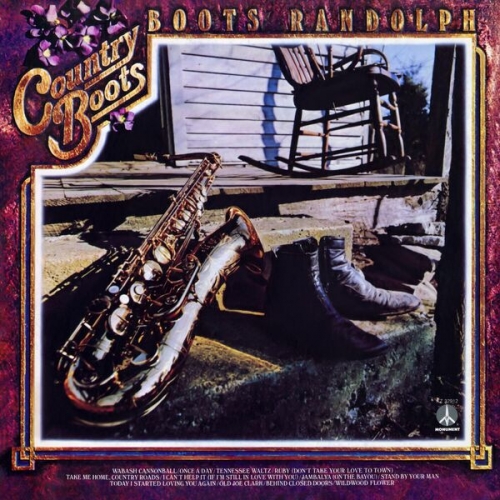
![Max Buettner - Reconnect (2025) [Hi-Res] Max Buettner - Reconnect (2025) [Hi-Res]](https://www.dibpic.com/uploads/posts/2025-12/1766910938_cover.jpg)
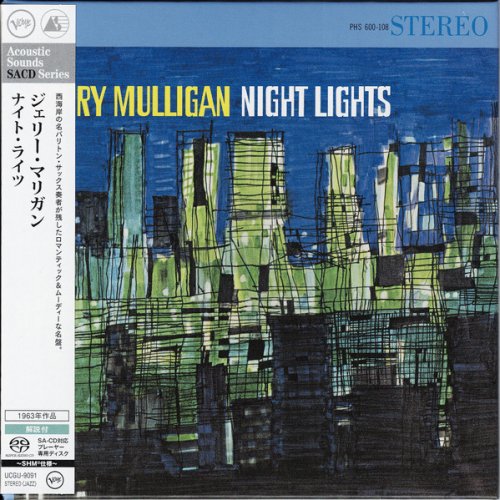
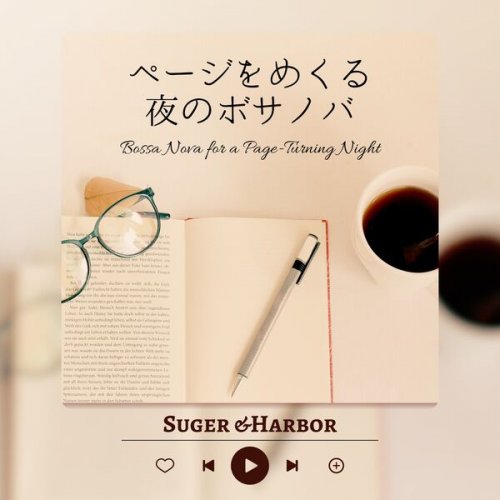
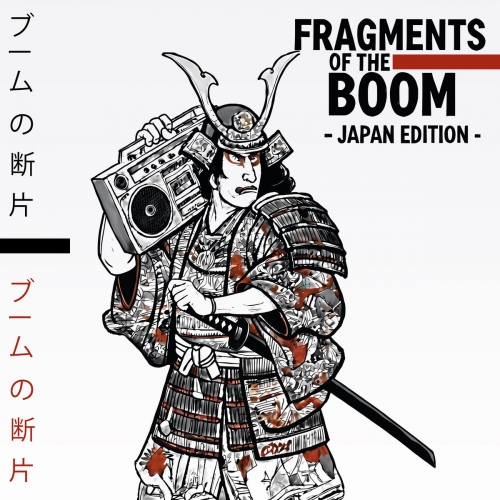
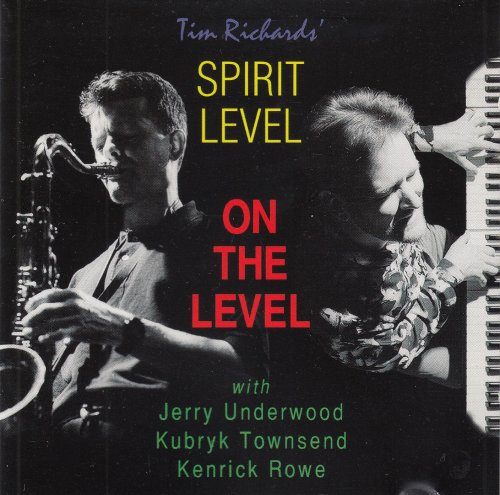
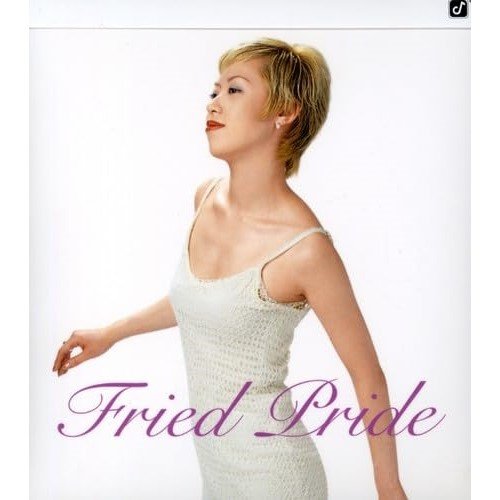

![Telekaster - Space Lido (2025) [Hi-Res] Telekaster - Space Lido (2025) [Hi-Res]](https://img.israbox.com/img/2025-12/30/yx7eg4e48jipo0r1td3vnmxni.jpg)